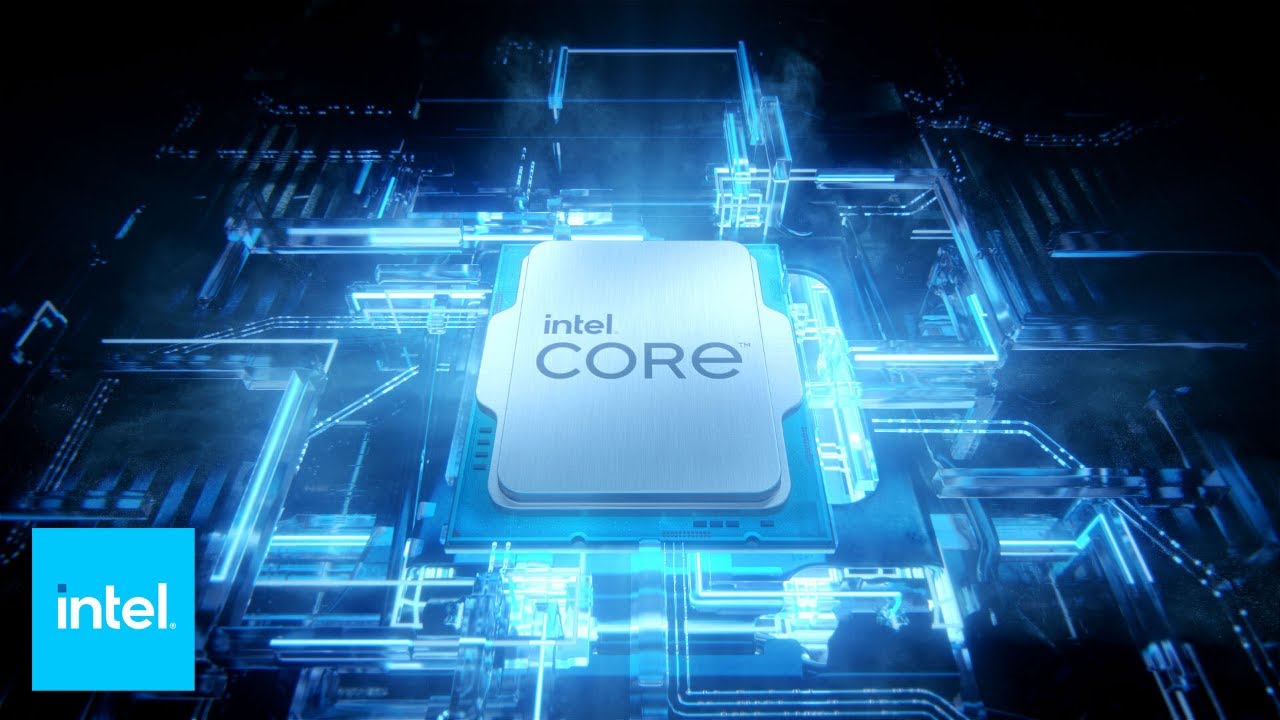
It's already known that Intel's 13th and 14th Generation processors based around its Raptor Lake CPU architecture are experiencing serious stability issues, particularly in games. However, YouTuber Level1Techs has discovered that this problem has also been prevalent in the data center—not just gaming PCs. Game servers using W680 chipboard motherboards and high-performance Core i9-13900K and Core i9-14900K CPUs are crashing alarmingly.
The Linux enthusiast obtained crash data from thousands of servers running Intel's Raptor Lake Core i9 K-series processors. He discovered that roughly 50% of the Raptor Lake servers he obtained telemetry information from have stability issues, despite each of them running server-grade LGA1700 socket motherboards from Asus and Supermicro.
These servers' stability issues have become so prevalent that they affect how server providers conduct business with their customers. Level1Techs highlights one server provider that is charging more than $1,000 more for its Core i9-14900K-based servers compared to its Ryzen 9 7950X-powered servers for labor and onsite repair services alone ($139 vs. $1,280 for the 7950X and 14900K). This additional service charge gets tacked onto the server pricing itself.
This same server provider disclosed to Level1Tech that support incidents regarding system crashes and stability issues are unusually high with its Raptor Lake servers. To make matters worse, BIOS updates, E-core disablement, and even physical CPU swaps don't guarantee that these issues will not come back, making these Raptor Lake systems a nightmare for server providers to troubleshoot.
"...we had good luck with the 12900KS, and have always had good luck with Xeons ... something isn't right with the 13900K and 14900K. We already replaced a lot of customer's 13900K with 14900K [CPUs] and the issues don't seem to fully [get] resolved....been steering customers towards 7950X systems instead. They're almost always faster anyway."
This discovery confirms that Intel's stability problems with Raptor Lake and Raptor Lake Refresh are more complicated than ever. The server-based motherboards used by these 13900K and 14900K servers are focused entirely on stability and running the chips within specifications, with no way to overclock these chips. The fact that Intel's 13th and 14th Gen chips are still crashing suggests that the chips themselves have problems, whether an architectural problem, a clock speed issue with Intel over-tuning them from the factory, or something else.
So far, Intel has attempted to patch up Raptor Lake's problems with several "band-aids," including the introduction of a Baseline profile with safer power targets and new microcode updates to address an eTVB bug that caused specific Raptor Lake models to boost clock speeds too high beyond a particular temperature. However, all of these attempts have not fully rectified the issue. As far as we know, Intel is still investigating the core root of Raptor Lake's stability issues.







